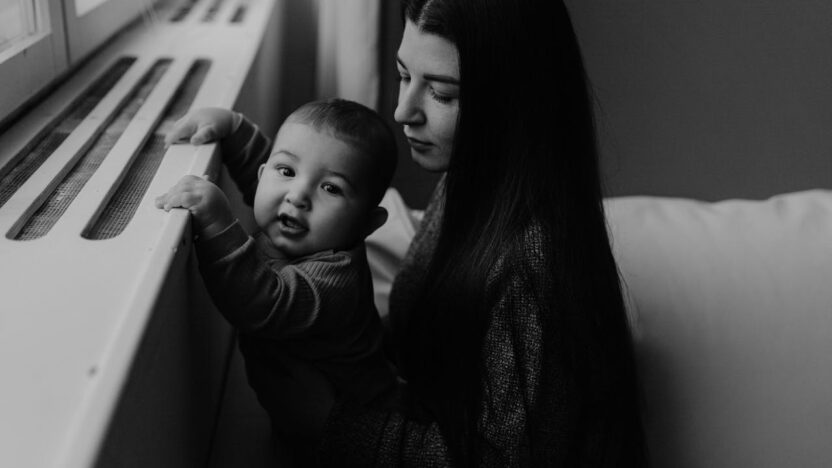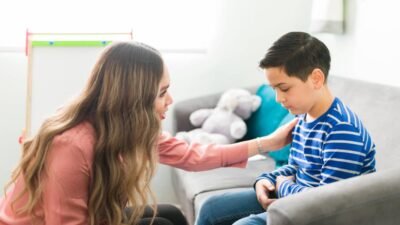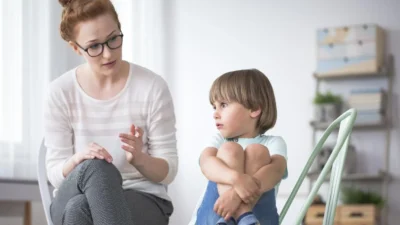Our earliest relationships don’t just shape our memories—they sculpt our very ability to connect with others. Recent research suggests that a strong emotional bond in childhood is a cornerstone for developing empathy during adolescence. But how do these early ties shape the way we relate to others as we grow?
The Science of Attachment and Its Emotional Blueprint
Attachment theory, pioneered by John Bowlby, posits that a child’s bond with a primary caregiver serves as the foundation for emotional and social development. This attachment provides a sense of safety, allowing children to explore the world confidently. Without this foundation, children may struggle with trust, emotional regulation, and building healthy relationships later in life.
But it’s not just about attachment security—it’s about the quality of these connections. Positive and consistent caregiving creates an emotional template for how children understand others’ feelings. In contrast, neglectful or inconsistent parenting can hinder the ability to empathize.
Empathy: A Skill Learned Early
Empathy—the ability to perceive and share the emotions of others—isn’t an innate trait but a learned behavior. Children raised in nurturing environments witness healthy emotional exchanges, modeling them in their own relationships. For example, when parents or caregivers validate a child’s feelings, the child learns to recognize and respond to emotions in others.
Conversely, children who grow up in emotionally distant or chaotic households might miss these critical lessons. This doesn’t mean empathy is out of reach, but it requires more conscious effort to develop.
Adolescence: The Testing Ground for Empathy
When children transition to adolescence, their social world expands significantly. Peer relationships, romantic interests, and social pressures test the empathetic skills developed in childhood. Teenagers with strong empathetic abilities tend to navigate these complexities with greater ease. They can resolve conflicts, support their friends, and form meaningful connections.
Moreover, empathy during adolescence is linked to resilience against negative influences, such as peer pressure, bullying, or aggression. In fact, empathetic teens are often leaders in promoting kindness and understanding within their social circles.
Building Empathy Starts at Home
Caregivers play a pivotal role in fostering empathy. By creating a supportive, affectionate environment, they give children the tools to develop emotional intelligence. Simple acts—listening actively, validating feelings, and modeling compassion—go a long way in nurturing these skills.
Even as children grow older, parents remain influential. Encouraging open conversations about emotions and providing guidance in navigating social situations helps reinforce empathetic behaviors.
The Ripple Effect of Childhood Bonds
Empathy doesn’t just benefit individuals; it strengthens communities. Adolescents who can empathize contribute to a more understanding and cooperative society. This ripple effect highlights the importance of investing in strong, positive relationships during a child’s formative years.
The emotional bonds we form in childhood are far more than fleeting moments—they’re the foundation for how we engage with the world. By fostering these connections, we not only raise empathetic adolescents but also contribute to a kinder, more compassionate society. Let’s remember: every hug, every listening ear, and every moment of understanding today builds the empathetic leaders of tomorrow.




